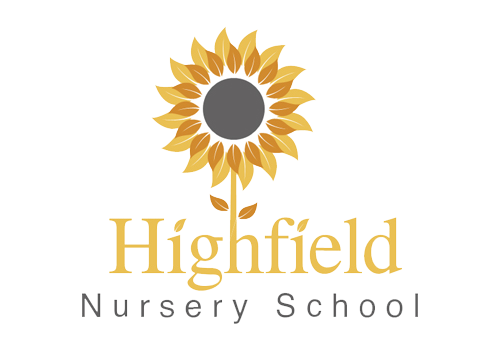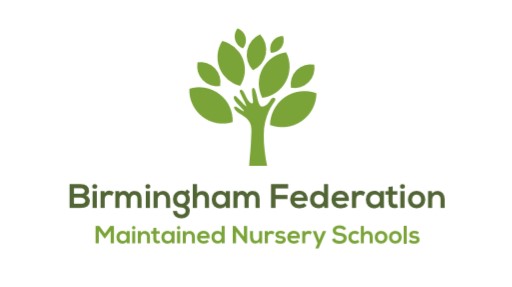Safeguarding is everyone's responsibility
School Entrance
For the safety of children and staff it is essential that you always close the entrance gates and doors behind you securely. If you fail to do this, children may get out on to the road and be injured. Parents are not authorised to open the doors to other visitors, allowing access to school grounds is a staff responsibility. Please remember that these safeguards exist for the children’s safety. Please park sensibly and away from the school entrance to safeguard all children.
School does not let children leave with unknown adults. Let school know in advance if there is a change in the person who is collecting your child.
Illness
If your child is ill, please keep him/her at home until the course of treatment prescribed has been completed and he/she is well again and able to take part in all activities including outdoor play. If your child requires medicine on an ongoing basis i.e. asthma inhalers, or allergy medication please talk to a member of staff. A care plan may be required. Additional medication will be needed in school before parents can leave children in our care. All practitioners have annual medical needs training in asthma, allergies, eczema and specific conditions. Remember you child must not attend school for at least 2 clear days (48 hours) if suffering from loose stools (diarrhoea) and or vomiting. Please keep school informed. Please do not bring older children who are absent from school with infectious diseases into the nursery as they can put others at risk.
Headlice
Head lice and nits are very common in young children and their families. They do not have anything to do with dirty hair and are picked up by head-to-head contact. It is important therefore to check your child’s hair regularly. The nursery regularly issues advice for parents. https://www.nhs.uk/conditions/head-lice-and-nits/
Smoking/drinking/drugs -dogs
All Birmingham schools are no smoking areas, and this includes the outdoor play areas and the school grounds. Please pass this information on to anyone who might collect your child from school. Alcohol and drugs are also banned from school premises. If school has a concern that an adult collecting a child is under the influence of alcohol or drugs the school will not allow the child to exit school. We also ask you not to bring dogs onto the school premises as they may soil the play areas and frighten some children.
Pushchairs
Storage for pushchairs is available in a buggy storage area close to the main entrance.
Corridors must be kept clear as they give access to the fire exits.
Do not leave babies or younger children unattended outside in pushchairs or cars while you are in the building.
Accident procedures
If your child has an accident at school the following procedures are in place:
The school has trained Paediatric First Aiders on site. Children are treated with comfort and support, and given any necessary first aid. The child will be monitored as necessary.
The child’s key person is informed.
Details of the accident are recorded in the Accident Book and parents are informed and given an accident slip
Reception staff phone home to notify parents of a minor head bump. A standard ‘head bump letter’ is completed when necessary to be given to parents on exit
In the event of an accident requiring urgent medical attention, an ambulance will be called and parents will be contacted by phone. In such an event school medical emergency procedures will be followed.
The school has named adult first aiders.
The school has a defibrillator. A defibrillator is a device that gives a high energy electric shock to the heart of someone who is in cardiac arrest. This high energy shock is called defibrillation, and it's an essential part in trying to save the life of someone who’s in cardiac arrest.
Please inform your key person if your child has had an accident at home.
Risk
In play provision, a degree of risk is often beneficial, if not essential. Children enjoy challenging, adventurous play opportunities where they can test themselves and extend their abilities. Giving children the chance to encounter hazards and take risks provides other benefits, such as the chance to learn how to assess and manage these and similar risks for themselves. Hence minor accidents and injuries are not necessarily a sign of problems, because of the value of such experiences in children’s learning. In Nursery, children are able to take risks within a safe and planned learning environment.
In Nursery, we carry out daily risk assessments of the building and learning environments. During sessions we operate a dynamic risk assessment approach which means when a hazard is identified we look to manage the risk by putting in control measures.




